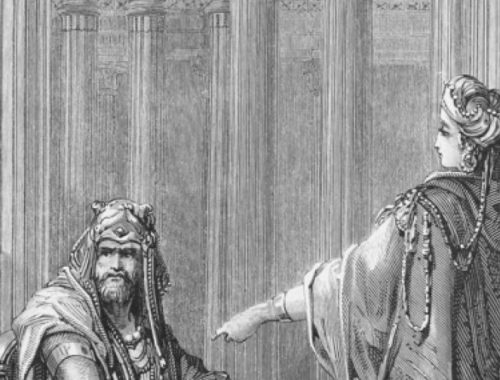I’m skipping a chapter because it’s titled “Beauty to Unveil,” and I’m not critiquing what they have to say about beauty again. I’ve already spent Three. Bloody. Posts. on it. I’m done talking about it, and how I wish they were done talking about it, too. When I was talking to Handsome about Wild at Heart, he mentioned that John’s book is also completely obsessed with beauty, as one of the things that is apparently essential to John’s version of Manning Manliness Manhood is “pursuing beauty.”
The reason why this is going up today instead of yesterday when I normally post my Captivating reviews is that I threw the book across the room three times and I couldn’t make it all the way through the chapter. I really just wanted to burn it. So, today’s post might be just a touch … fractured, as I’m really just trying to get through it in one, non-furious piece.
The chapter starts off in a decent place: you can’t get your fulfillment from other people, even your romantic partners. I agree with that. I don’t necessarily agree that personal fulfillment can only come from God, but I still think it’s an important point to make that you can’t rely on your partners for your sense of identity and well-being. We’re supposed to love and support each other, but we can’t be the end-all-be-all of our partner’s happiness.
However, the chapter slides into a disaster immediately after they make that clear, because they spend the entire time telling women that the core parts of what being a woman is– softness, tenderness, vulnerability, beauty– are all there in for the express (and only!) purpose to “arouse Adam,” to inspire men, to be their Muse.
The question before us is, how does a woman best love a man? The answer is simple: Entice him. Inspire him. Allure him.
Through the rest of the chapter, Stasi and John demonize any women they think aren’t alluring enough to men, or who don’t try to be alluring, or who don’t think that being alluring to men is important. We’re a bunch of emasculators who “make their husbands pee sitting down” (161).
But what made me want to burn this book (sigh … again) was the section when she’s using Enchanted April as an illustration to talk about a “desolate” character named Lottie:
She is not harsh– just shut down from years of living with a selfish, domineering pig of a man. She looks like a whipped puppy, rushing to please him in any way, not out of love but out of fear and some weird idea of submission. She is depressed . . .
Desolate women don’t seem at first pass to be all that emasculating. They don’t attack or dominate. But neither do they allure … The lights are off; they have dimmed their radiance. A man in her presence feels uninvited. Unwanted. It’s a form of rejection, emasculation to be sure.
Burn everything. Burn all the things.
I’ve never seen Enchanted April, but what’s described here sounds like an abusive relationship . . . that’s caused by Lottie being a desolate woman who is emasculating her husband, thereby making him feel unwanted– according to Stasi.
That section is followed by this:
There are men out there who are not safe and good men. Some of you are married to men like this … How do you love them? With great wisdom and cunning.
Uhm … no No NO NO NO. You divorce him.
The next two pages are Stasi sounding exactly like Helen Andelin (“It was a brilliant trap, well set,” because women should “cunningly” ensnare their husbands with manipulative traps), and then she relates a story about “Betsy” who was married to a “verbally abusive man” who was an elder, “mean,” who “villainized her to their children, their church.” But what did Betsy do– and what all women in her situation should do? She “didn’t seek divorce”; instead she:
invited him to feel the weight of his consequences … She fasted and prayed … She gave him many tastes of what life could be like together …
ARGH GABLARG.



